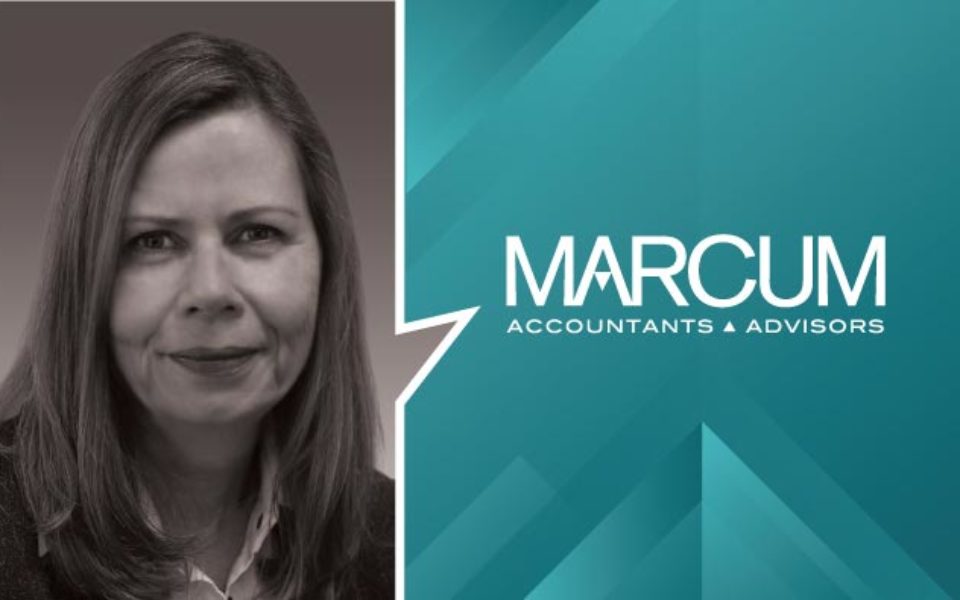Kim Lamplough, Assurance Partner, featured in Daily Business Review. Leases – Rule changes would have big effect on lease accounting
Daily Business Review
By Mike Seemuth

Excerpt:
Many companies that rent real estate space and equipment may be forced to redo loan agreements as a result of proposed changes to the accounting standard for leases or face a drag on their financials.
The Financial Accounting Standards Board
Under the standard, U.S. companies would be required to report as liabilities on their balance sheets their long-term commitments to make payments under operating leases. These off-balance sheet obligations now appear less conspicuously in footnotes to companies’ financial statements.
“The most obvious effect would be on lending arrangements” because an increase in balance-sheet liability might violate “a variety of [loan] covenants that companies generally have to meet,” said Kim Lamplough, partner in charge of the assurance practice at the Fort Lauderdale office of professional services firm MarcumRachlin.
The proposal also has implications for companies with “legal documents that are being drafted for deals that might be coming up,” Lamplough said. “Most clients are going to be affected … Most clients lease something, and a lot of people use operating leases to do so, especially for space.”
But so far, she said, corporate clients are less concerned about the pending change in lease accounting standards than their lawyers are: “At the moment, I think the conversations are primarily between accountants and lawyers, among professionals more than with clients.”
The Financial Accounting Standards Board (FASB) has allowed companies to tuck the dollar amount of their long-term operating lease commitments into footnotes of financial statements, instead of directly on the balance sheet as international standards commonly require.
FASB and the International Accounting Standards Board (IASB) jointly have proposed adding financial obligations under operating leases to the liability side of domestic companies’ balance sheets. In March 2009, FASB published a discussion paper on the proposed standard. It may prove to be the most divisive initiative in the two organizations’ so-called “convergence” program, a series of long-term projects to achieve common accounting standards.
FASB and the IASB will issue a draft of their lease accounting proposal for public comment this year, perhaps as soon as next month, and may announce a new converged standard for lease accounting next year.
“There will be lots of comments,” Lamplough predicted. “There is a fair amount of opposition, I think.”
Consider the hypothetical impact on a company like Flanigan’s Enterprises. The Fort Lauderdale-based operator of restaurants and package liquor stores has 24 locations in South Florida, many of them leased facilities. Flanigan’s listed $4.5 million of long-term debt on its balance sheet at the end of its 2009 fiscal year. Off the balance sheet, the company disclosed a financial obligation almost three times greater: minimum lease payments totaling $12.8 million under non-cancelable operating lease agreements.
“It’s going to be a little more difficult to evaluate somebody’s credit, their solvency. You look at the ratios on their balance sheet, and suddenly they’re going to look extremely leveraged,” said Seth Siegel a partner in the Fort Lauderdale office of Grant Thornton.
Siegel and other accounting professionals hope the new standard for lease accounting will contain explicit guidance for valuing the asset that an operating lease creates, known as the “right of use.” In some cases, the right of use would be equal in dollar value to the present value of total payment obligations under an operating lease. In other situations, however, the long-term lease liability and the value of right of use may diverge.
Companies must value the right of use by estimating and regularly re-estimating its fair market value, and “there’s going to be a lot of judgment any time you move to a fair value standard … It becomes much more subjective,” Siegel said. For example, multiple measures can be used to determine the fair market value of a leased retail building.
“What is the fair value of the right to use that space? Is it the revenue you can generate from that space? Is it the gross profit from that revenue? … The standard setters are going to have to come out with very specific guidance.”
If the new lease accounting standard is approved, many lenders may modify commercial loans to keep the borrowers from falling into technical default as a result of the standard.
“I think you will see a lot of credit providers revamping and modifying loan agreements to take into consideration operating lease obligations,” Siegel said.
IMPACT ON BANKS
While operators of restaurants, stores and many other types of businesses would be affected, the impact of the new lease accounting standard on the banking industry may have important consequences for the economy as a whole. “I’m worried about how this affects banks, and how it affects their regulatory capital,” Siegel said.
Companies with a fast-growing number of locations may face financial restrictions if a new standard for lease accounting is adopted.
At risk is “somebody that’s really growing, like drug store chains that open stores on every corner,” said Antonio L. Argiz, managing partner of professional services firm Morrison Brown Argiz & Farra in Miami. “People are going to start looking at their balance sheets, and the amount of leverage that they have, a little closer than before.”
While many companies have been trying to reduce leverage by paying down debt, the new lease accounting standard would add leverage to balance sheets. For example, “in small businesses, this is going to have a big impact,” Argiz said. “It’s going to show on their balance sheets like they were borrowing additional money.”
U.S. generally accepted accounting practices, or GAAP requirements, are the same for small businesses and big businesses, Argiz said. But he said distinct approaches to lease accounting are warranted: “There should be a small-GAAP and a big-GAAP pronouncement.”
Argiz expects this standard-setting project by the FASB to evoke more protest than any other in recent memory. He said FASB and its international counterpart may publish the exposure draft of their proposed lease accounting standard by the end of June.
“You’re probably going to see more letters and more comments on this project than just about anything you’ve seen in the last 10 or 15 years,” he said.
“You’re going to have all these huge companies, the GEs [General Electric] and the GMs [General Motors], really criticize this project, because it’s going to affect them more than everybody else … Everybody’s balance sheet is really going to be leveraged if they adopt this.”


















